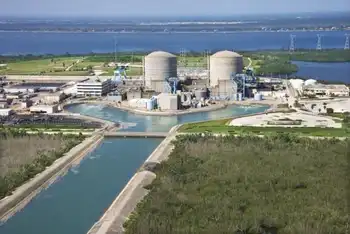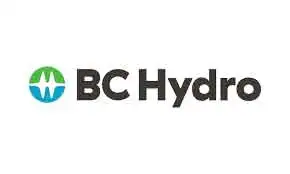Wind, solar groups push for energy standard
WASHINGTON, D.C. - U.S. industry executives from the wind, solar, hydropower, geothermal and biomass sectors pushed for a federal renewable energy standard, which they said would foster growth and create jobs.
This could also spur these industries at a time when China is moving swiftly into this area, said Denise Bode, CEO of the American Wind Energy Association.
Some 30 countries — including China and the European Union countries — and 29 U.S. states already have the hard targets mandated by a renewable energy standard, Bode said in a telephone news briefing.
While 2009 was generally a year of expansion for renewable U.S. energy firms, Bode said one "game changer" was China's leap into the lead, ahead of former leader Germany, as the world's biggest builder of wind turbines and also in the amount of new generating capacity added last year.
"The Chinese activity really lends an urgency to helping Congress and the administration to act on a renewable energy standard," she said.
Renewable energy standards, also known as renewable portfolio standards, require that a certain percentage of total energy needs be generated from renewable sources; President Barack Obama has urged that a national U.S. standard require 25 percent renewable power by 2025.
Obama also supports legislation to curb greenhouse gas emissions — such as those from fossil-fueled power plants — that contribute to climate change, but such a measure stalled in the Senate last year.
Executives from the National Hydropower Association, the Biomass Power Association, the Geothermal Energy Association and the Solar Energy Industries Association called for strong short- and long-term targets for a renewable energy standard.
They also called for continuation of tax incentives and praised continuing support for renewable energy in the administration's economic stimulus package.
In the biomass sector, Robert Cleaves, CEO of the biomass group, said thousands of jobs could be lost if Congress fails to extend a production tax credit that expired late last year.
For companies in the solar power sector, association president Rhone Resch said 2009 was a banner year. Resch said the outlook for 2010 was even sunnier, with most analysts seeing growth of 100 percent or more for the industry.
All of the executives stressed the ability of their industries to create U.S. jobs, not just in manufacturing but also in installation, which by their nature cannot be outsourced.
Related News

Japan opens part of last town off-limits since nuclear leaks
TOKYO - Japan's government on Wednesday opened part of the last town that had been off-limits due to radiation since the Fukushima nuclear disaster nine years ago, in a symbolic move to show the region's recovery ahead of the Tokyo Olympics.
The entire population of 7,000 was forced to evacuate Futaba after three reactors melted down due to damage at the town's nuclear plant caused by a magnitude 9. 0 quake and tsunami March 11, 2011.
The partial lifting of the entry ban comes weeks before the Olympic torch starts from another town in Fukushima. The torch could also arrive in Futaba,…




